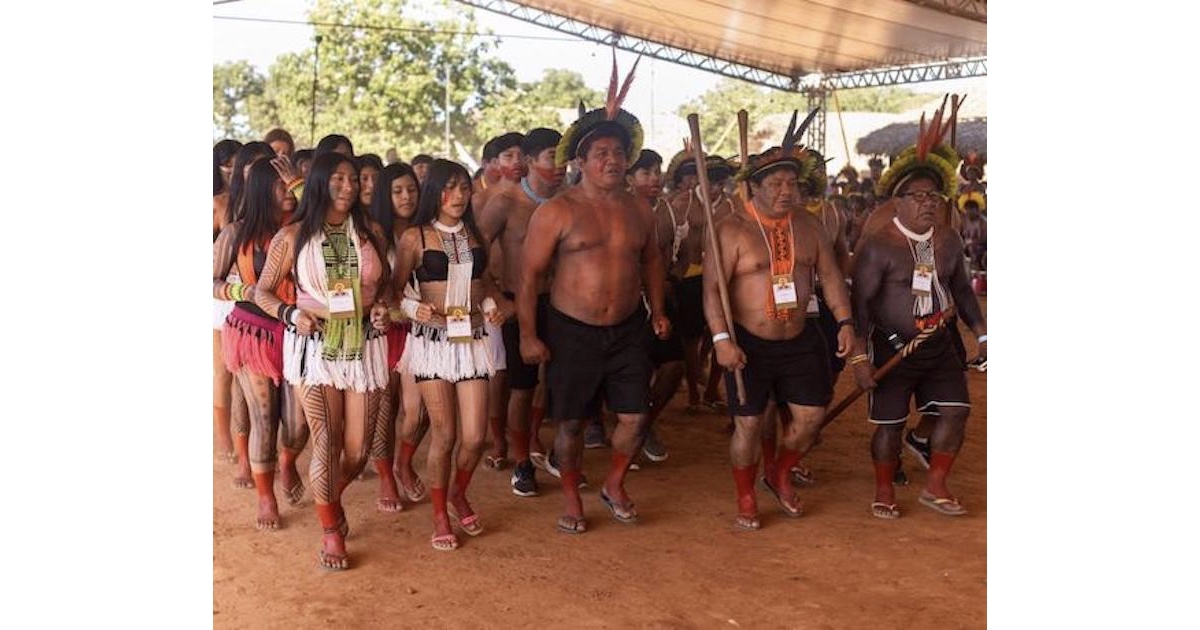On 19 April, Brazil celebrates ‘Dia dos Povos Indígenas’ (Indigenous People’s Day), established in 1943 by President Getúlio Vargas to honour the cultural, historical and identity richness and diversity of Brazil’s indigenous peoples. NPWJ recognises the importance of this day and renews its commitment to the promotion and defence of indigenous peoples’ rights.
NPWJ would like to dedicate this day to raising the international community’s awareness on the challenges faced by Brazil’s indigenous peoples in the face of ongoing violations of their fundamental rights. Indeed, their freedoms are repeatedly undermined by the invasion of their lands, environmental damage and systematic social discrimination. Despite the fact that the 1988 Constitution recognises the right of indigenous peoples to their traditional lands, the exploitation of natural resources in these territories, mostly through illegal activities, prevents them from fully exercising the rights to which they are entitled. In the past months, the so-called “Marco Temporal” (i.e., time marker) legislation has seriously undermined the right of Amazonian inhabitants to their lands and self-determination.
Despite being judged against the constitution by the supreme court in a previous judgement, in September 2023, the NEW law claims that they are only entitled to the demarcation of their lands if they can prove that they physically inhabited them before the promulgation of the 1988 Constitution. Since many of them were forced to leave their ancestral lands and have only recently been able to return, this principle demonstrates a huge and worrying violation of their rights.
In order to celebrate this day with action – and not merely words – NPWJ has organised – with its local partners – the trip of a delegation of the Tapayuna people, of those evicted from their land before 1988. On April 19, the Tapayuna will leave their current villages in Amazonia and taker a long trip to Brasilia, where they will arrive on Sunday, 21, so as to meet with the Federal Agency for Indigenous Peoples (Fundação Nacional dos Povos Indígenas, FUNAI) on Monday, 22. The Tapayuna will ask FUNAI to set in motion the process for recognition of their ancestral land, which was recognised even during the military regime.
The Amazon represents one of the most important examples of biodiversity on Earth, and it is of utmost importance to protect it from degradation. The right of indigenous peoples to their traditional lands and self-determination must be safeguarded, ensuring their voice resonate in the international community. Indeed, they should be empowered to govern their territories and communities in accordance with their traditional knowledge and practices.


